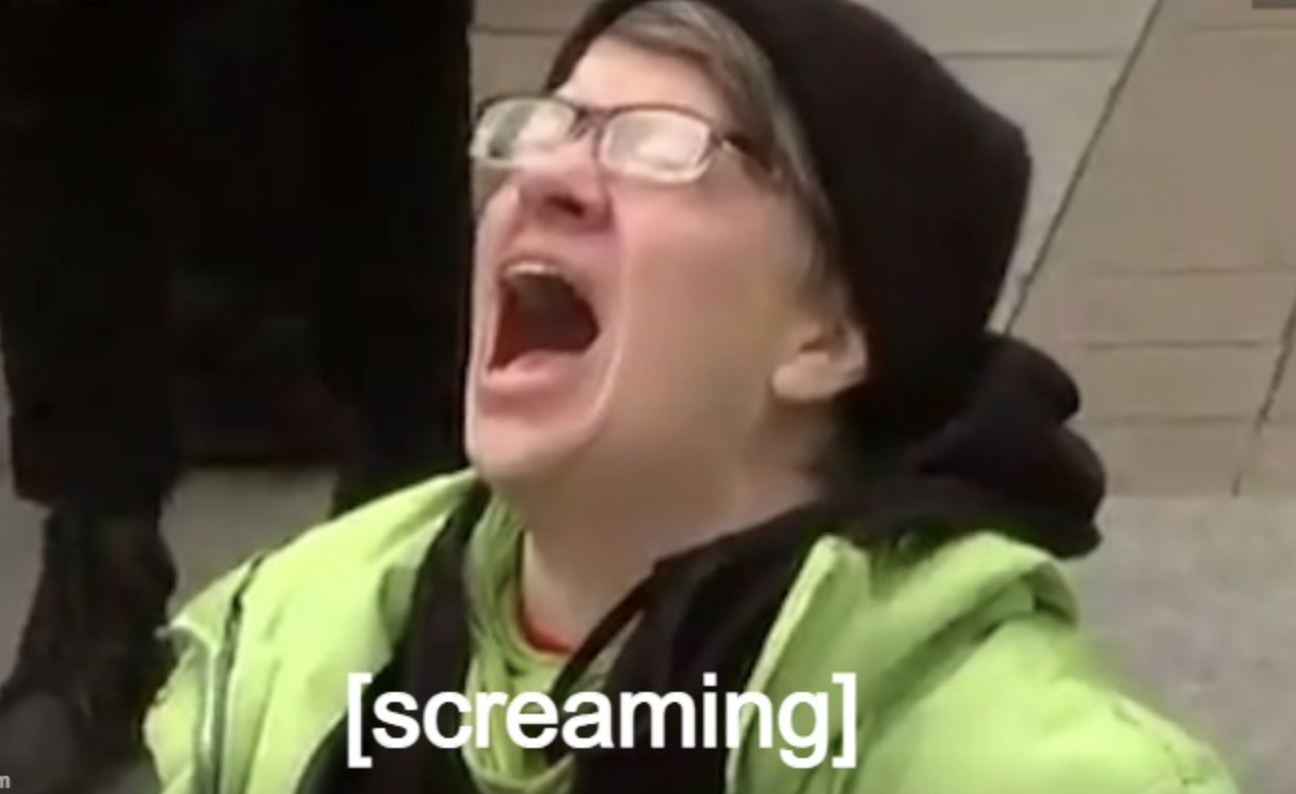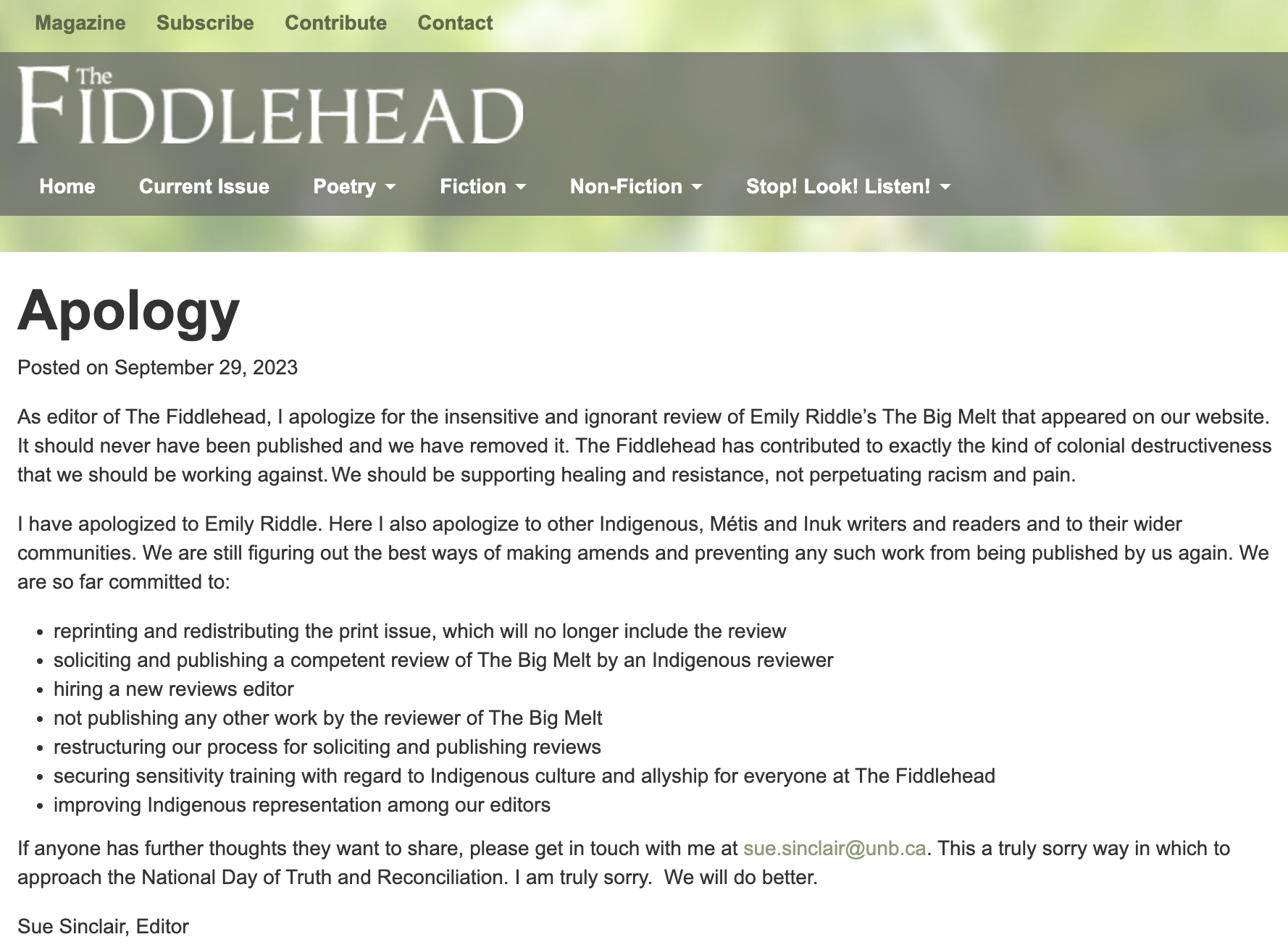 If you feel shut out and shut down because the oppressive and ever-present patriarchy that rules every editor’s desk leads to the rejection of your gender and the subject matter of your stories, there’s hope. If you feel that an ultra-progressive, politically correct agenda has seeped into every classroom, every grant-giving organization, and every contest-judging panel, there’s hope.
If you feel shut out and shut down because the oppressive and ever-present patriarchy that rules every editor’s desk leads to the rejection of your gender and the subject matter of your stories, there’s hope. If you feel that an ultra-progressive, politically correct agenda has seeped into every classroom, every grant-giving organization, and every contest-judging panel, there’s hope.
Without access to the information, without transparency, there is no way to know the truth about your 95% rejection rate. And when you’re left with no information, you make up your own. It’s human nature to crave stories and find patterns. Paranoia thrives as you search for facts that will never be known. If only we could do a transparency audit, to scroll through the thoughts of the decision makers as they came upon your piece. If only we had an objective breakdown with a list of reasons, assumptions, feelings, desires, and personal prejudices that were employed in the final decision.
Did they accept your story because they know you, or because they don’t know you? If they knew you, would they still be interested in taking the story? Did your friendship with the editor influence her decision to take you on? Did your lack of personal connection with the editor lead to your rejection? Did they take your work because your name implies an exotic ethnicity that spiced up their list of contributors so they can claim to have achieved the right kind of diversity? Did they reject your story because the lily white, penis-bearing board insists the contributors be a reflection of themselves?
If you’re regularly tortured with these kinds of questions, there is hope for you. Our writing system offers one of most appealing blind judgement mechanisms on the planet. Identity politics can be transcended if no one’s true identity can be determined. Because we’re still communicating on paper and emails, you can be whoever you want to be. If you feel discriminated against as a women, you can be a guy just by using initials instead of your first name, but the freedom goes far beyond that. Does your postal code reek of poverty or entitlement? Simply pick a PO Box in your desired area. You’ve just adjusted your socio-economic standing.
What about appropriation? Do you lack the necessary social permission to write about certain people or places? Did you write a believable story about something that’s completely foreign to you? Was it so good that everyone wanted it to be true? If so, I’m fascinated by your attempt, and I have a thousand questions. Could a story written about the plight of the American coal miner, submitted under the name Reginald Bottomsworth III, really be the first story written by a twelve-year-old Meitei girl from Manipur? Could be. Go ahead and trick me, because I don’t want the truth. I’d rather hear your beautiful lies.




This brought a smile to my face as I struggle with my first “serious” writing atttemts.
What are you working on, Christine?